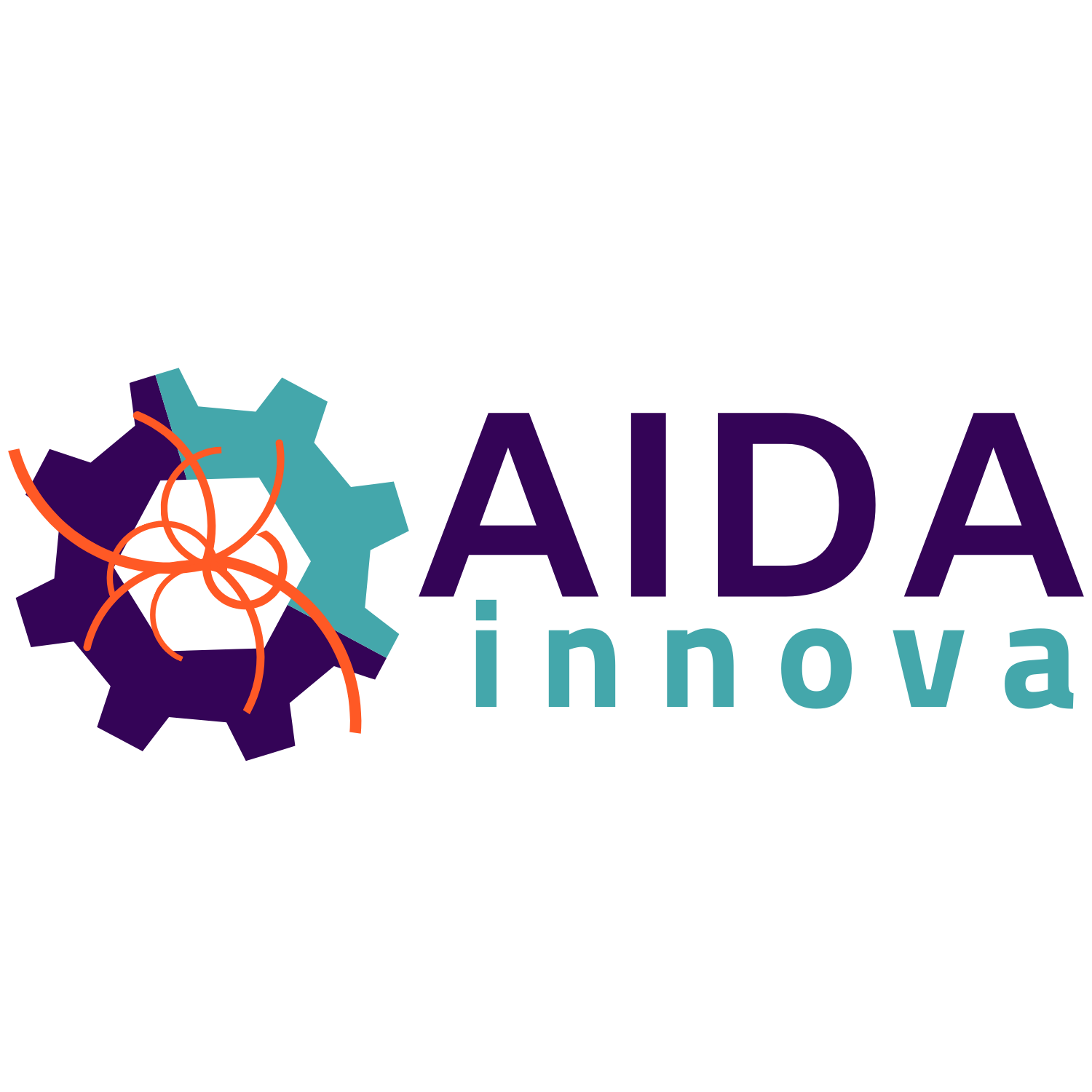At the end of August, AIDAinnova detector scientists travelled to South Africa to organise an Instrumentation School.
By Antoine Le Gall (CERN)
The next generation of African detector scientists is eager to learn. Last August, just before the TIPP conference, the Instrumentation School in Particle, Nuclear and Medical Physics took place at iThemba LABS in the Western Cape, in South Africa.
Over the course of one week, 25 MSc and PhD students coming from many different African countries – South Africa, Cameroon, Botswana, Egypt, etc. – took part in a series of lectures about particle detectors. Some of the students had already worked on detector experiments, at ATLAS and ALICE for instance, and were happy to learn about other types of detectors.
The school was punctuated by five sessions with hands-on experiments led by international instructors. “The students had the opportunity to cut their teeth on different detectors - silicon pixel ones, micro-pattern gas ones, cloud chambers, calorimeters, etc. –, operate their many parameters – calibration, signal – while using the same software and tools that we are using for real research”, explain Roman Poeschl from IJCLab. “This hands-on experience will be scaled up with real experiments”.
The school is sponsored by CERN, Germany’s DESY, France’s IJCLab and South Africa’s NRF. The first three labs all play a major role in AIDAinnova. “I am happy that we could use for the school hardware developed in the frame of AIDAinnova’s predecessor AIDA2020.”, adds Roman.
The positive feedback is testimonial to the importance to tie links with African institutes, some of which are already or are to become members of several experiments.
